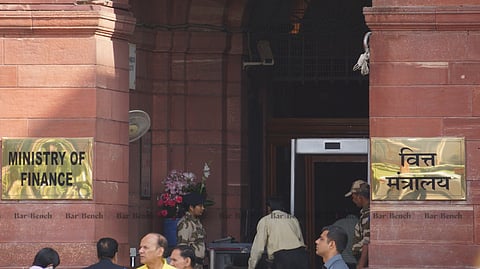
- News
- Columns
- Interviews
- Law Firms
- Apprentice Lawyer
- Legal Jobs
- हिंदी
- ಕನ್ನಡ

In a bid to improve ease of doing business and consequently improve economic growth in the country, the Union Finance Ministry has invited suggestions on the decriminalisation of certain minor offences under various Acts.